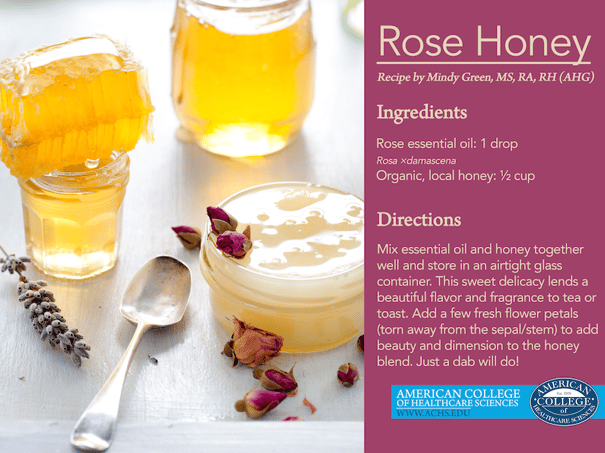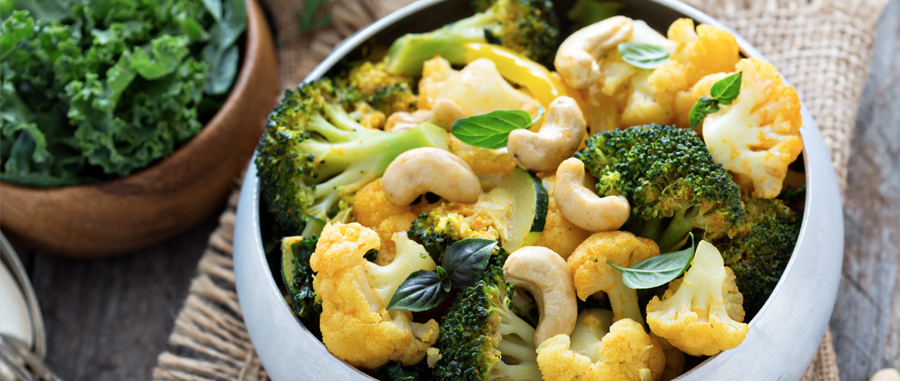"When love came first to earth, the Spring
Spread rose-beds to receive him." – Campbell
Rose is perhaps the most celebrated of all fragrances. She has been called "Queen of the Flowers" and has a decidedly feminine nature—everything from her associations with romantic love to female health.Rose was discussed in early Sanskrit literature: from preparations for complexion care, eyewashes, and digestive aids. Drawings from as far back as 10,000 BC depict primitive stills for extracting rose oil.
Rose was discussed in early Sanskrit literature: from preparations for complexion care, eyewashes, and digestive aids. Drawings from as far back as 10,000 BC depict primitive stills for extracting rose oil.
For centuries, rose has been a symbol of love, purity, inspiration, beauty, compassion, spirituality, and sensuality for many cultures. It has been celebrated through various traditions for emotional and spiritual health, and today it offers remarkable benefits for the physical body as well.
Rose is much more than a sweet-smelling perfume ingredient. Through traditional use and current scientific studies, she has demonstrated a wide range of effects: sedative, antiseptic, anti-inflammatory, digestive, spasmolytic, restorative, cardiotonic, and hypolipidemic, to name a few.
Rose as Food
Rose is one of many edible flowers (use only fragrant varieties, unsprayed and organically grown). Preparations of rose as food in its whole herb form, whether as flower petals or rose hips, have been popular throughout history by cultures worldwide.
Rose petal jam and cordial are still commonly found in Europe, and roses remain a traditional food flavoring in Middle Eastern cooking, mostly for desserts. Tea made from the leaf has similar properties to raspberry leaf (they are in the same botanical family) for pregnant women to tone the uterus in preparation for childbirth.
Rose water continues to be very popular for flavoring drinks, rice pudding, and yogurt recipes. A dash of rose extract (we’ll show you how to make this in our upcoming webinar on rose on March 23) is delicious in chocolate milk or to flavor ice cream or fruit salad.[1] Fresh rose petals can be used in salads, jams, honey, ice cream, cookies, and cakes. Looking to try it? Here are some tasty recipes with rose to get you started:

Rose Honey Recipe
Rose Rosa ×damascena essential oil: 1 drop
Organic, local honey: ½ cup
Mix essential oil and honey together well and store in an airtight glass container. This sweet delicacy lends a beautiful flavor and fragrance to tea or toast. Add a few fresh flower petals (torn away from the sepal/stem) to add beauty and dimension to the honey blend. Just a dab will do!
Rose Cream Recipe
Rose Rosa ×damascena essential oil: 1 drop
Sugar or organic, local honey: 2 teaspoons
Whipped cream or thick, canned coconut milk: 2 cups
Mix together and serve over fruit salad, dessert, chocolate cake, or tea.
Rose Lemonade Recipe
Prepared lemonade: 1 cup
Rose water/true hydrolat: 2-4 tablespoons
Combine and serve with floating flower petals or ice cubes with rose flowers frozen within.
The Universal Allure of Rose
Rose has influenced cultures economically, spiritually, medically, and esthetically since humankind could smell and appreciate its fragrance. Whether its properties were discovered through communications with the mystical realms or through the outcome of the clinical, scientific study of its constituents, rose has much to offer both healthy and troubled souls, as evidenced by its long-standing popularity.
If only appreciated for its odor, unequaled among flowers, life is more lavish for the fragrant and extravagant gifts She offers.
"Along the garden ways just now
I heard the flowers speak;
The white rose told me of your brow,
The red rose of your cheek."
–Arthur O'Shaughnessy
Many more applications, food, and cosmetic recipes will be shared during our upcoming webinar on March 23, 2016; please join us: https://contact.achs.edu/rose-essential-oil-webinar-mindy-green
Disclosure of Material Connection: I am on the Advisory Council and a guest blogger for American College of Healthcare Sciences, the Institution that publishes this blog. However, all opinions are my own. This blog may contain affiliate links. I am disclosing this in accordance with the Federal Trade Commission’s 16 CFR, Part 255: “Guides Concerning the Use of Endorsements and Testimonials in Advertising.”
This article is for informational purposes only. It is not intended to treat, diagnose, cure, or prevent disease. This article has not been reviewed by the FDA. Always consult with your primary care physician or naturopathic doctor before making any significant changes to your health and wellness routine.
[1] When adding rose oil to recipes, keep in mind it that it hardens in cold temperatures; add it to a teaspoon of warm liquid for even dispersion.

![How Exotic Rose Can Grace Your Life [+ Recipes!]](https://info.achs.edu/hubfs/Roseblog2.png)


![How Exotic Rose Can Grace Your Life [+ Recipes!]](https://info.achs.edu/hubfs/48658671_ml.jpg)
![How Exotic Rose Can Grace Your Life [+ Recipes!]](https://info.achs.edu/hubfs/Herb%20Day%20blog%20header.png)
